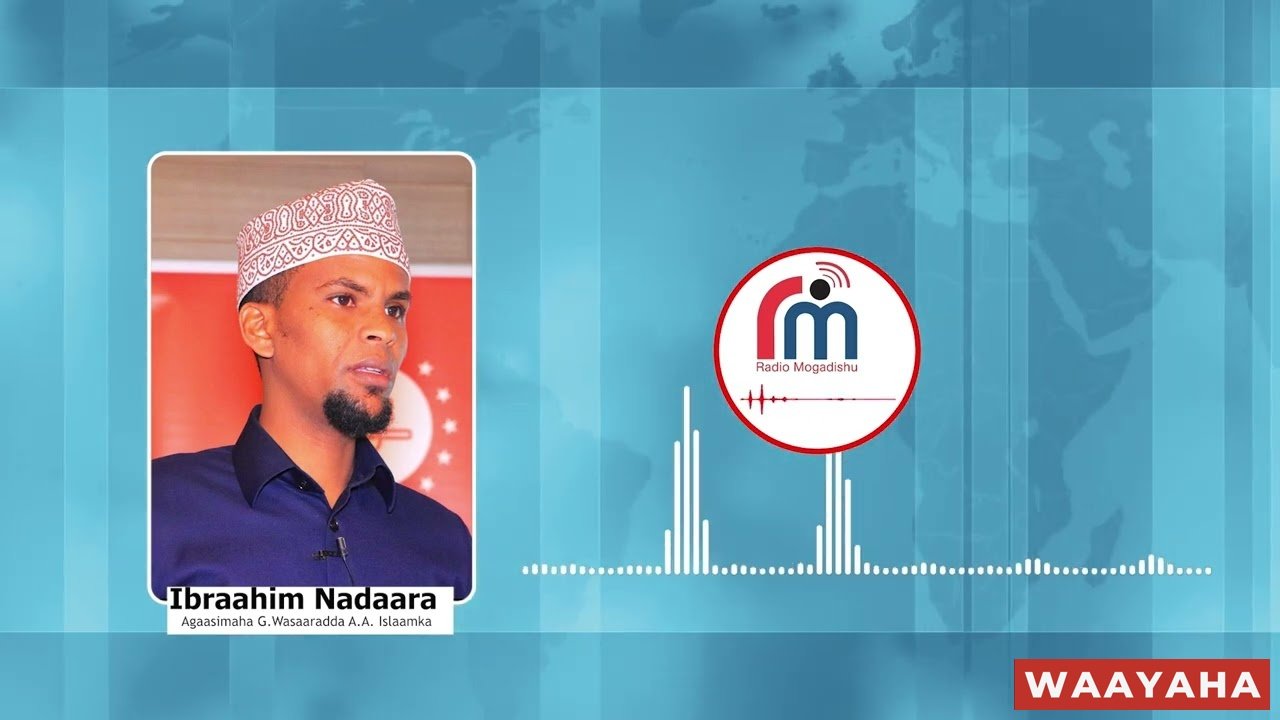Somalia has recently witnessed a significant change in the name and mandate of its religious affairs ministry. The former Ministry of Religious Affairs has been renamed the Ministry of Awqaf and Islamic Affairs, a move that carries profound implications for the nation’s commitment to Islamic principles and values.
The decision to change the ministry’s name was not taken lightly. It was a result of extensive consultations with Somali religious scholars, intellectuals, and experts during the first and second National Scholars’ Conferences. Their recommendations and insights played a crucial role in shaping this transformation.
The rationale behind the name change is multifaceted. Firstly, the term “Religious Affairs” is often used in countries with multiple religions, while Somalia is a nation that adheres solely to Islam. Secondly, Islam is not merely a religion but encompasses a comprehensive way of life, as stated in the Quran: “Indeed, the religion in the sight of Allah is Islam” (Quran 3:19). Thirdly, the majority of Islamic countries worldwide have ministries bearing the name “Islamic Affairs,” reflecting a broader mandate aligned with Islamic principles.
By adopting the name “Ministry of Awqaf and Islamic Affairs,” Somalia aims to emphasize the central role of Islam in the country’s affairs and the government’s commitment to upholding and promoting Islamic values and teachings. The term “Awqaf” refers to religious endowments and charitable trusts, further highlighting the ministry’s responsibility in managing and overseeing such institutions.
The ministry’s mandate remains largely unchanged, as it continues to oversee various aspects of religious life in Somalia, including mosques, Quranic schools, Islamic education, and the organization of religious events and celebrations. However, the name change signifies a renewed focus on promoting a comprehensive understanding of Islam and ensuring that the Somali people’s faith and religious practices are in accordance with Islamic principles.
This rebranding is seen as a positive step by the Somali community, as it reflects the government’s commitment to preserving the nation’s Islamic identity and safeguarding the religious values that have been deeply rooted in Somali society for centuries. It is a reassuring sign for those concerned about the preservation of their faith and way of life, and it demonstrates the government’s determination to prioritize religious affairs and uphold the teachings of Islam.













